Nigerian customs authorities have revealed that the ongoing crisis in the Nigeria exchange rate has left imported vehicles stranded at a major Nigerian seaport.
This was revealed by Comptroller Dera Nnadi, the Nigeria Customs Service area controller for the Tin Can Island Command, during a candid conversation with members of the Association of Nigerian Licensed Customs Agents (ANLCA).
Join our WhatsApp ChannelThe ongoing fluctuations in the Naira exchange rate have given rise to a concerning situation at the port, where importers have been forced to abandon thousands of fairly used vehicles.
Nnadi minced no words as he decried the continuous decline in cargo throughput at the command, a trend that has been deeply exacerbated by the sharp fluctuations in exchange rates.
READ ALSO: NGX RegCo Introduces Code Of Conduct To Enhance Ethics In Capital Market
The number of vehicles processed by the command has plummeted from a substantial 32,000 in 2018 to a mere 4,000 units in 2023, marking an astounding 85% drop in just five years.
In a moment of frustration, Nnadi posed a poignant question, “Why did you import when you don’t have money to clear?”
However, he quickly recognized the plight of the vehicle owners who had imported their goods with the belief that the exchange rate would remain stable, only to witness a drastic shift from N420 to N770 per dollar.
Many of these owners, situated far away in America, have chosen to abandon their vehicles at the port, lamenting, “We can’t clear them, let them remain there.”
Nnadi emphasized that the Russia-Ukraine crisis had also cast a dark shadow on importation in the country, as bulk cargoes from the region had come to a grinding halt. This unexpected interruption added to the multifaceted challenges facing the command and the broader Nigerian trade landscape.
Furthermore, Comptroller Nnadi pointed fingers at former Central Bank of Nigeria governor, Godwin Emefiele, for his dissatisfaction with certain trade policies, asserting that they had contributed to the predicament.
He argued that the abrupt floating of the Naira, coupled with the impact of geopolitical conflicts like the Russia-Ukraine war, had thrown the economy into disarray. These factors collectively fueled the exchange rate volatility that has led to the vehicle import crisis.
In the face of these daunting challenges, Nnadi remained resolute in his commitment to meet a revenue target of N350 billion in the remaining three months of the year. He stressed the paramount importance of upholding integrity and adhering to proper procedures to mitigate disputes and reduce demurrage costs, ultimately benefiting all stakeholders involved in the importation process.
As Nigeria grapples with these unprecedented economic fluctuations, the fate of the thousands of stranded vehicles at the seaport hangs in the balance, serving as a poignant symbol of the struggles faced by both importers and government authorities in these turbulent times.
Emmanuel Ochayi is a journalist. He is a graduate of the University of Lagos, School of first choice and the nations pride. Emmanuel is keen on exploring writing angles in different areas, including Business, climate change, politics, Education, and others.

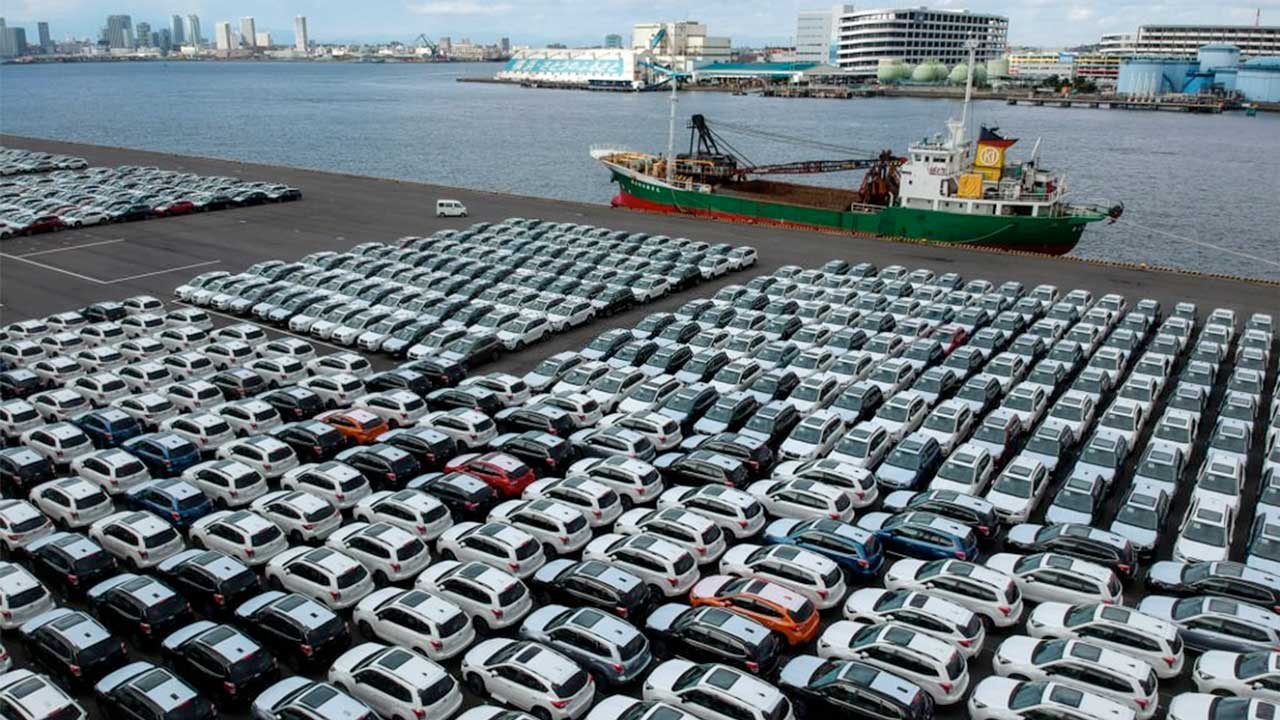



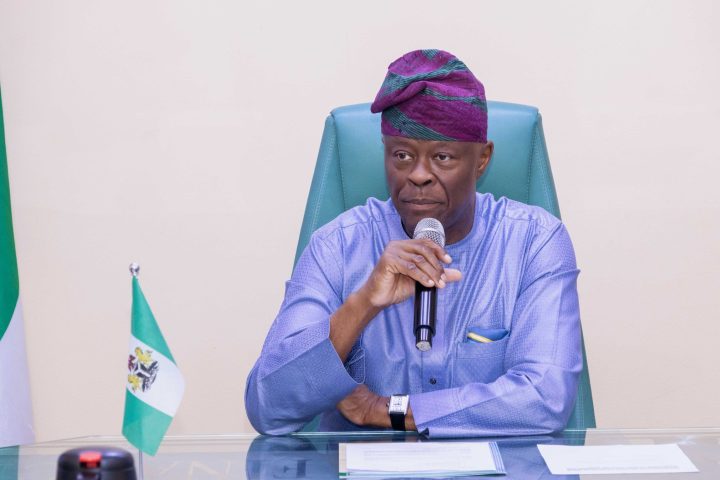
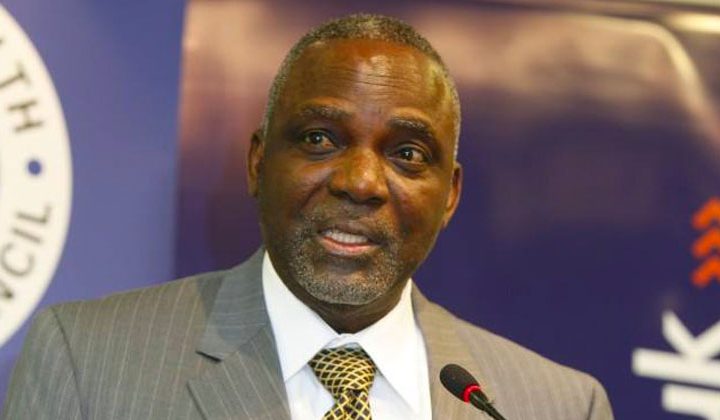





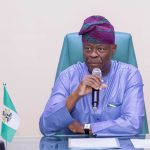



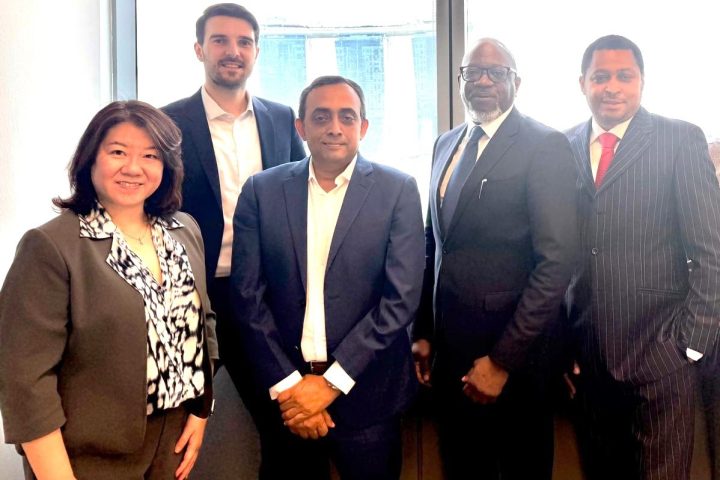
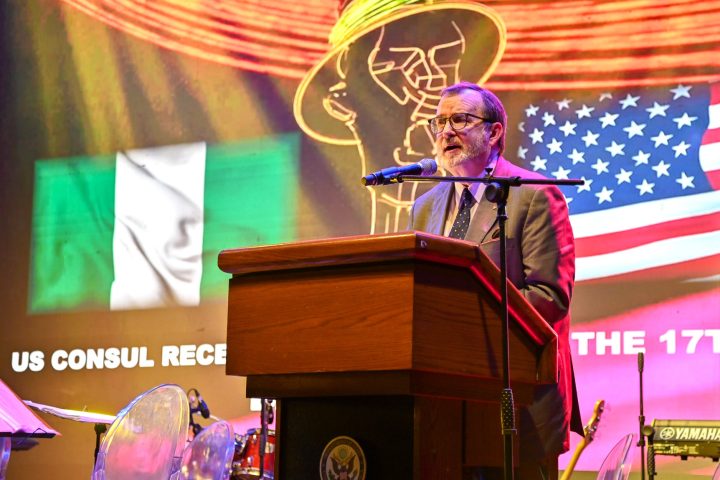
Follow Us